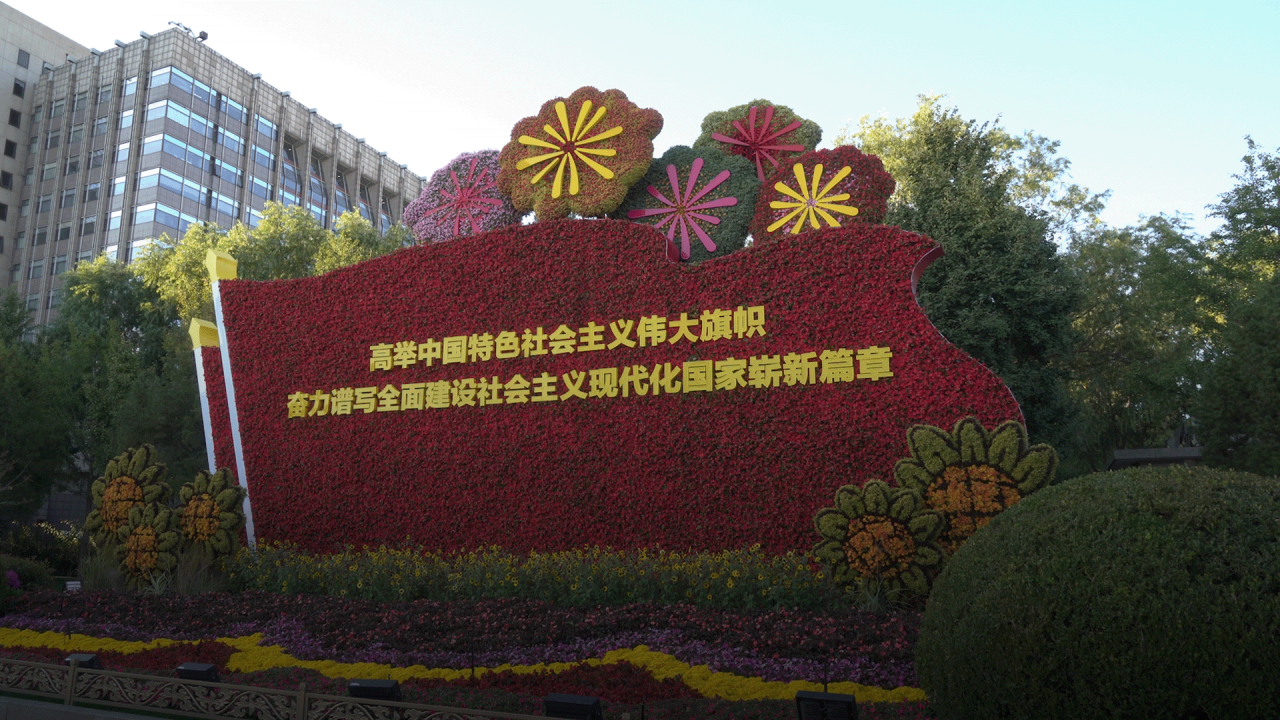
China’s Xi Jinping to further consolidate power with changes to Communist Party constitution
- Coming national party congress expected to approve constitutional amendments to elevate President Xi’s status to China’s “core” leader
- Party’s constitution to further embrace Xi’s ruling philosophy, map out policy directions
During China’s 20th Communist Party congress, the party’s constitution will be amended once again, a process that is expected to further elevate the status of President Xi Jinping, who is set to secure a third term as the party’s leader.
In 1982, for example, a revision in the constitution explicitly declared that the party forbade any type of cult of personality.
It also defines, in somewhat vague terms, the power of various party bodies up to the general secretary, who, according to the constitution, is responsible for convening the meetings of the Politburo and the seven-member Politburo Standing Committee.
For the past 20 years, the revisions have been led by at least one member of the Politburo Standing Committee.
The most recent amendments in 2017 were led by Liu Yunshan, the party’s ideology chief, and the party’s anti-corruption chief Wang Qishan. Both men were members of the standing committee at the time.
The 2017 amendments were kicked off by Xi during a Politburo Standing Committee meeting in May of that year, but the decision was not publicly confirmed until September, one month before the 19th national congress.
“General Secretary Xi Jinping has attached great importance and taken a personal interest in and oversaw the revision of the party constitution from the beginning to the end,” a report on the 2017 changes to the charter stated, according to Xinhua news agency.
In late August that year, two months before the congress, Xi chaired six meetings at Zhongnanhai, the top leadership compound, with senior officials to hear their comments on the revisions, according to Xinhua. It is not known how many officials were summoned, nor what suggestions had been made during those meetings.
The revisions were put to a vote of more than 2,000 delegates on the last day of the congress.
Those constitutional amendments were seen as a major step by Xi to consolidate power. The charter now listed “Xi Jinping Thought on Socialism with Chinese Characteristics for a New Era” as one of the party’s guiding principles.
The amendments also enshrined “Xi Jinping Thought on Strengthening the Military” in the constitution. It marked the first time it had included such specific terminology about the armed forces and a specific leader.
It also added Xi’s signature policy the Belt and Road Initiative.
“The two establishments” refers to establishing Xi’s status as China’s “core” leader and enshrining his political doctrine in the party’s constitution.
“The core issue is his desire to avoid term limits on his leadership role, and remain in power. He will accomplish what none of his predecessors could do,” Wu said.
“Xi is concerned about his own historical standing inside the party. This makes sense in light of the 2017 revisions and the revision of the country’s constitution.”


